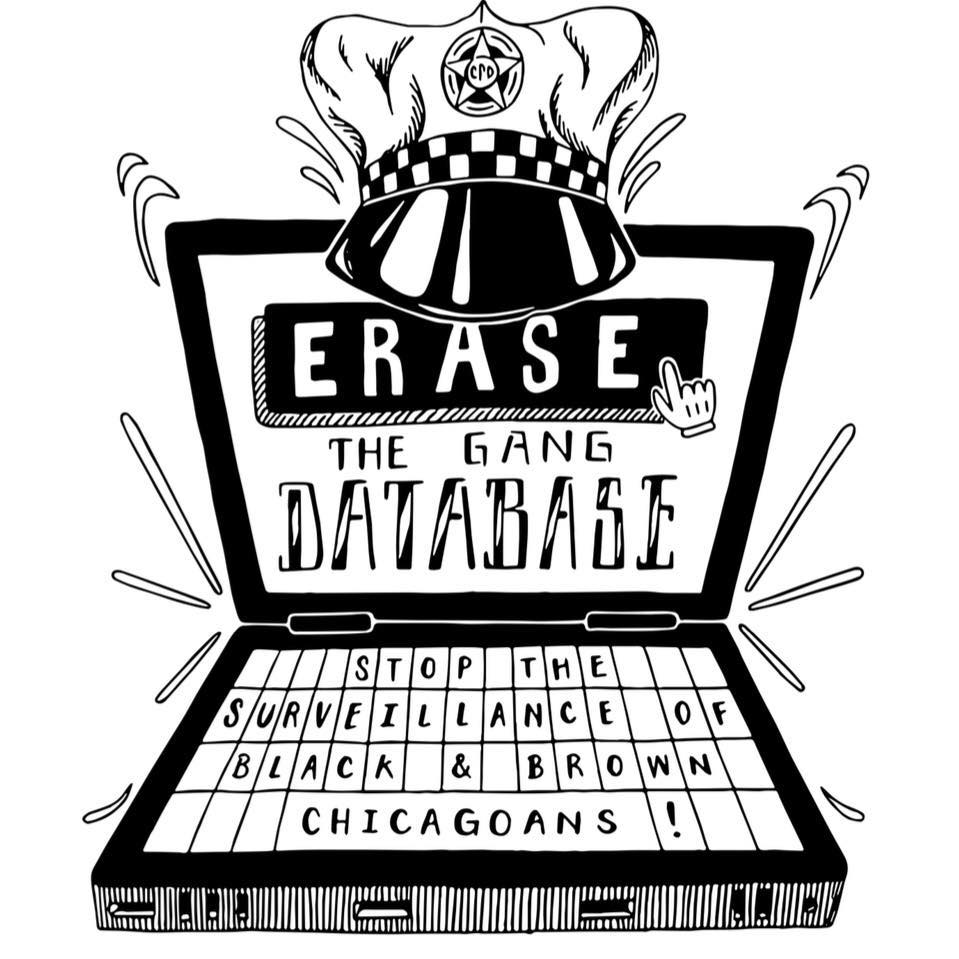FOR IMMEDIATE RELEASE
February 06, 2017
Contact: Janae Bonsu, 917-439-1876, BYP100
Tania Unzueta, 773-387-3186, Mijente
Report released today shows how the Chicago gang database decreases job opportunities for Black and Latino youth, increases levels of policing in communities of color, and puts city’s immigrants at risk for deportation.
Chicago, IL — A new report from the University of Illinois at Chicago’s Policing in Chicago Research Group, Tracked and Targeted: Early Findings on Chicago’s Gang Database, provides the most comprehensive and up-to-date information on the Chicago Gang Database and the harms that it causes Black and Latinx communities in Chicago.
“The report makes clear why communities of color in Chicago are upset about the gang database. The CPD overwhelmingly targets Black and Latinx youth for inclusion in the database,” says Andy Clarno, director of the Policing in Chicago Research Group that conducted the research. “And, as the report shows, federal law enforcement agencies such as ICE and the FBI have access to this information, putting immigrants on the list at heightened risk for deportation. People on the database are also subject to police harassment as well as more severe bail, bond and sentencing decisions,” he concluded.
Janae Bonsu, the lead author of the report, and organizer with the advocacy group Black Youth Project 100 (BYP100) adds, “This report shows that CPD’s targeted surveillance of Black and Latinx people in Chicago is not only steeped in inaccuracies, but is likely unconstitutional and has real implications for people’s lives. But there’s still information that we don’t know and the City needs to be fully transparent about their policies and practices of this state-sanctioned profiling, and accountable for its adverse effects.”
The report includes information on:
-
The Chicago Police Department’s (CPD) increasing emphasis on “data-driven” policing
-
The ways that gang affiliation is documented and recorded by the CPD;
-
CPD policies regarding gangs in Chicago;
-
Demographic information on the race and gender of people labeled “gang affiliated”
-
The ways that the CPD shares information with federal law enforcement agencies, including DHS and the FBI;
-
Harms caused by the gang database to communities of color;
-
The consequences for U.S. born and immigrant Chicagoans for being labeled as gang members;
-
The campaign organizing against the gang database in Chicago; and
-
Recommendations to address the issues named in the report.
The report has been sent to Chicago Aldermen and other elected officials as part of a city-wide campaign to end the Chicago Gang Database. There are more than 128,000 people on the Chicago Gang Database. A large majority of the list (95%) is Black and Latinx, disproportionately affecting communities of color. As this report highlights, approximately 11% of Chicago’s total Black population, 4% of the Latino population, and 0.6 %of the white population are in the gang database.
###
The Campaign to Expand Sanctuary is a cross-issue interorganizational collaboration to defy, defend, and expand what it means for Chicago to be a Sanctuary City. The campaign pushes for the City to strengthen its protections for immigrants and refugees and address criminalization and police violence against Black people and communities of color. The campaign is anchored by Black Youth Project 100, Mijente, and Organized Communities Against Deportations. Read more at http://erasethedatabase.com

